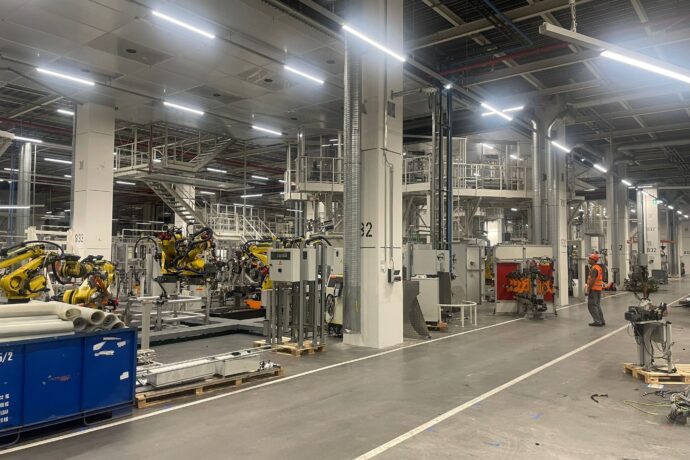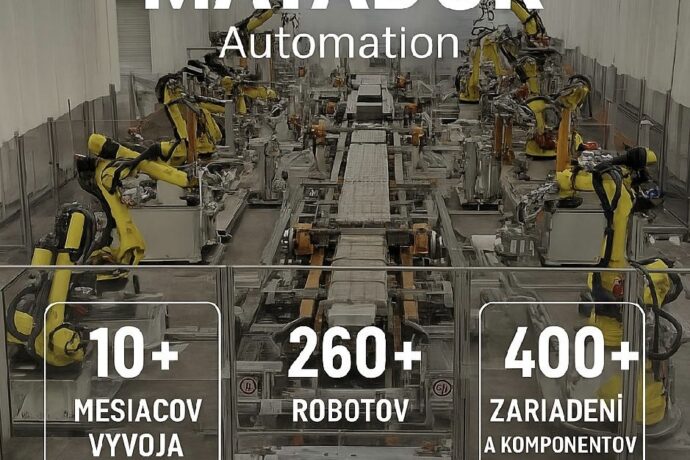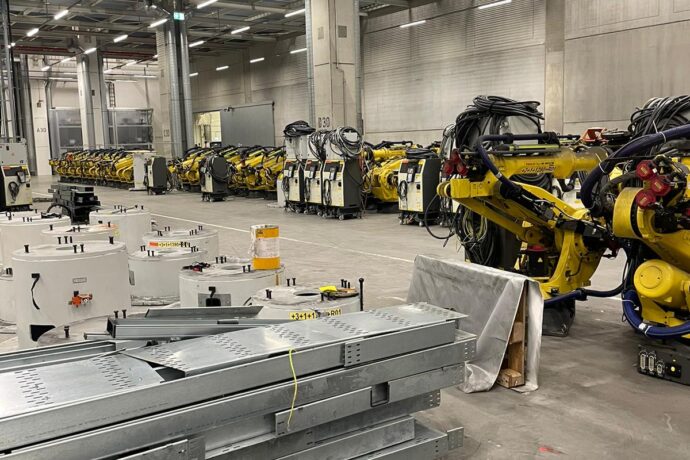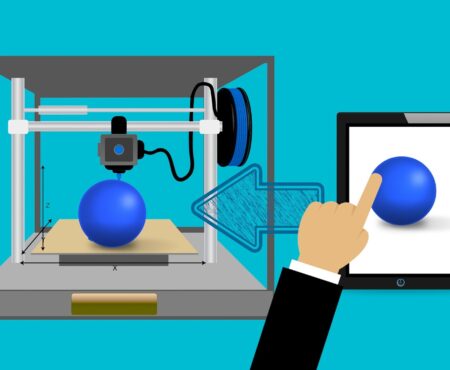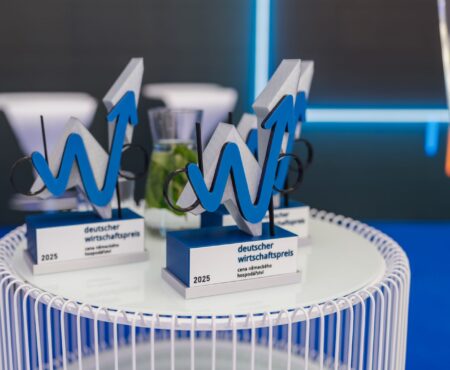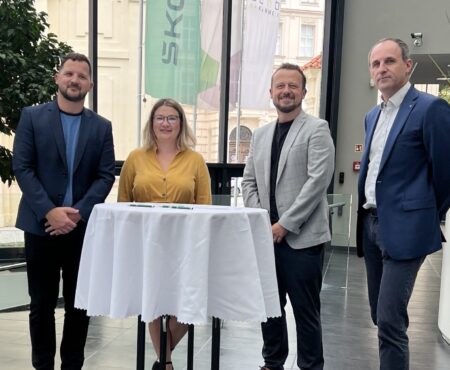The Line is Moving: MATADOR Automation Launches POT Mode
After more than 10 months of intensive work, the MATADOR Automation team has achieved a major milestone – POT mode (“Produktion ohne Teil”) was launched for the first time on the production line in Ingolstadt, Germany. This critical step means that the entire production system was tested in full motion, without physical parts. The project, valued at over €33 million, has now officially entered its second phase.
What is POT Mode?
POT – or “Production without Parts” – simulates real production without using physical components. It’s one of the most important tests before launching serial production and ensures the functionality, safety, and synchronization of the entire system.
The POT phase enabled:
- Collision-free testing of 260+ robots
- Functional and coordinated testing of 400+ devices and components
- Full dynamic simulation of production lines before SOP
- Verification of PLC logic, safety systems, and software programs
Andrej Dolník: “This confirms we’re ready for real-world production”
Andrej Dolník, Project Manager at MATADOR Automation, explains the importance of this achievement:
“The launch of POT mode is proof that the technologies we’ve developed and implemented are fully operational and ready for series production. It gives us full confidence in our solutions moving forward.”
He adds:
“The moment of relief hasn’t arrived yet. We’re still in a critical time phase – by June 6, we need to build the first car body. By August, the line must be fully functional and interconnected. The project is scheduled to finish in August 2026, and by then, the system must meet all of client´s requirements.”
An International Team with One Goal
The Ingolstadt project is MATADOR Automation’s largest undertaking ever – in terms of scale, technical complexity, and financial scope (exceeding €33 million). Specialists from six countries are involved:
- Slovakia: mechanical assembly, procurement, logistics
- Czech Republic: electrical installation and commissioning (Alpha Automation)
- Germany & India: 3D modeling and simulation
- Poland: production of specific subsystems
The project is coordinated by seven project managers from Slovakia, the Czech Republic, Germany, and India. Five are from MATADOR, one from Alpha Automation. The project is divided into two main scopes – one entirely new and the other focused on retooling existing lines with new components.
How the Project Evolved
The work proceeded in multiple stages:
- Dismantling of old lines and transport to Dubnica nad Váhom
- 3D modeling of new systems
- Procurement of special components with lead times up to 24 weeks
- Device motion simulation in a virtual 3D environment
- Component approval and assembly
- Virtual commissioning (offline programming and collision detection) – by Alpha
- Equipment transport and installation in Ingolstadt
- Electrical installation and line activation
- POT launch – full motion test without physical parts
The Biggest Challenge? Coordination & Deadlines
“The toughest part was aligning equipment purchases with design specs, customer requirements, budget limits, and simulation accuracy,” says Dolník. “That’s why I’m incredibly proud of the team. People are juggling multiple projects at once and still fully committing to this one. Even newcomers adapted quickly.”
AI as a Project Management Tool
Dolník uses AI extensively to manage the project:
- Preparing documentation, spreadsheets, and translations
- Conducting capacity and risk analyses
- Planning project timelines
- Sourcing suppliers and evaluating components
- Supporting learning and knowledge-sharing in the team
“I actively follow AI trends. Artificial intelligence will transform the automotive sector – from simulation and planning to quoting and contract phases.”
MATADOR Automation Is Pushing the Limits
This project marks a new level of technical maturity, process precision, and international collaboration for MATADOR Automation. The knowledge gained from managing such a complex assignment will allow the team to tackle even larger and more demanding projects – not only in the automotive world but across advanced manufacturing sectors globally.


